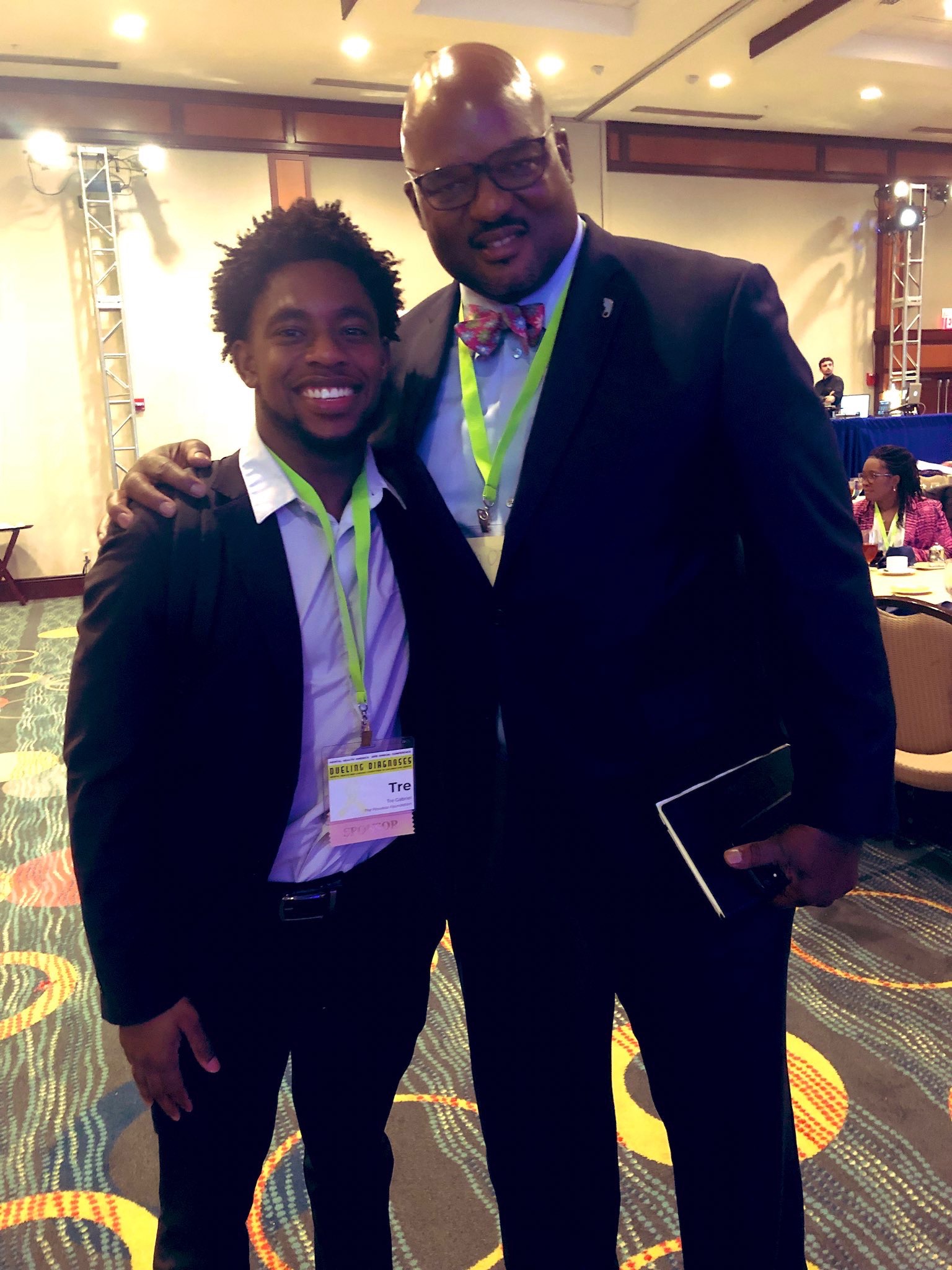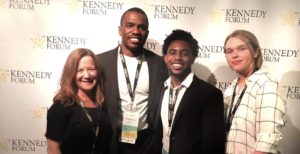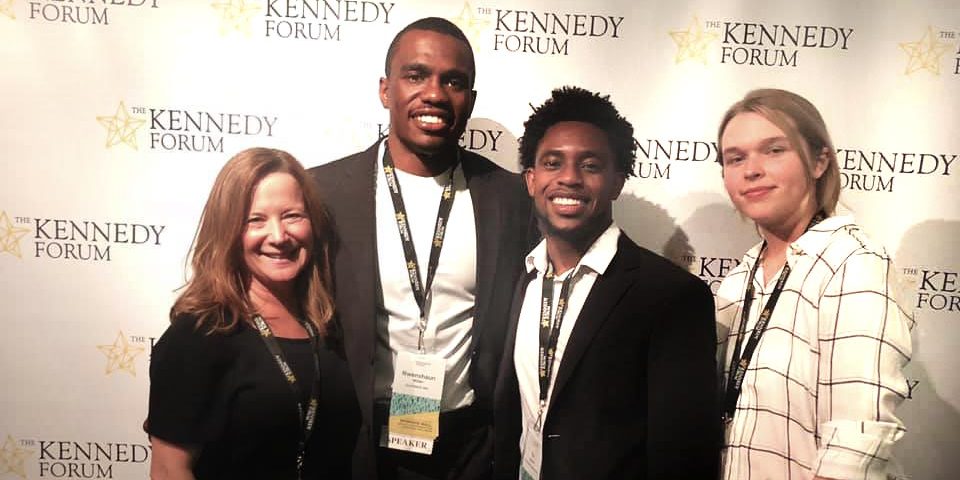By Tre Gabriel
Flawless Intern

I have spent the past four years of my life in New York City: The Capital of the World. When I walk the streets of this great city—praised for being a melting pot—I often notice many people struggling who look like me and share my ethnic background. The topic of disadvantage for ethnic communities is nothing new. But what I learned from listening to culturally-informed speakers at the 2019 Mental Health America Conference is how much environmental disadvantages like poverty impact one’s mental health, and how much cultural practices play a role in access to treatment. New York City has a way of desentizing us, so that every day we walk past someone who is clearly in need and ignore them. It is easy to judge others when we don’t have the full picture, but mental health is something that affects us all.
According to the American Psychological Association, in the United States, 39% of African American children and adolescents and 33% of Latino children and adolescents are living in poverty—more than double the poverty rate for non-minorities. It’s a fact: racial and ethnic minorities in America are less healthy overall.
This health disparity often has roots in economic and environmental determinants, such as education, geography and neighborhood, lower quality and inadequate care, inability to navigate the healthcare system, provider ignorance or bias, and general stress.
My first breakout session of the MHA 2019 conference connected these statistics with reality for me. “Medicaid, Poverty, and Mental Health: Interventions That Work,” led by Thomas Hart, and Timothy Livengood taught me that up to 70% of a person’s health is determined by their environmental influences. This explains why ethnic minorities are also at a much higher risk of having health problems.
This issue is also connected to the prejudice surrounding mental health in certain communities. We discussed this in a breakout session led by Sherwood Randolph Jr. (“Demystifying Stigma in Integrated Minority Health: When Stigma Impacts Mind, Body and Spirit”.) Randolph gave a personal account of his history of being stigmatized as an African American man. According to Randolph some communities—including the one he grew up in—disavow the idea of psychiatry, instead turning to spiritual leaders. As a licensed pastor, Randolph does not see this as wholly negative, but he cautioned against using faith-based practices to replace psychiatric help: “Sometimes faith communities can be a source of distress and stigma if they are misinformed about mental health or do not know how to support families dealing with these conditions.” Although well-intentioned, the stigma surrounding mental health and cultural dependence on faith can potentially cause more harm than help.

Rwenshaun Miller led the break out session “The Elephant in the Room: Acknowledging the Uncomfortable Barriers to Culturally Competent Care” and recounted his surprise upon meeting his first black psychologist. Miller is an African American man who grew up in North Carolina. He attended a predominantly white institution and was sometimes one of two African Americans in a class of 300 students. Miller started struggling psychologically after an injury rendered him unable to play football. Miller began experiencing Bipolar symptoms, alcoholism, and suicidal ideation and had to be forced to get psychiatric help. Yet it was not until he met a psychologist that looked like him, dressed like him, and talked liked him, did Miller felt comfortable opening up to receiving help.
Representation matters immensely, and lack of representation is a way we are failing to provide culturally competent care to ethnic communities. As of May 2018, only 16% of psychologists were ethnic minorities. Attending the MHA 2019 conference and listening to the well-informed speakers helped me understand the different ways that minorities are fighting an uphill battle to accessing mental health care. It is time that everyone can access holistic healthcare that honors the minds, bodies, and spirits of diverse influences and ethnic communities.







